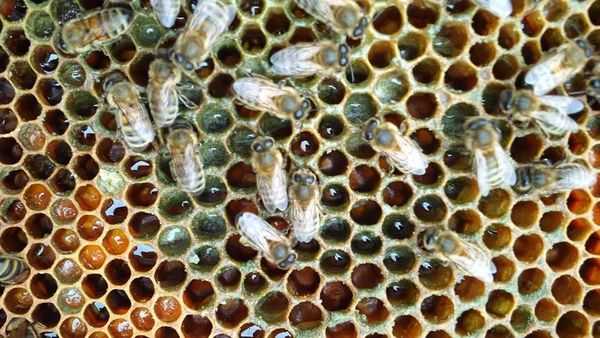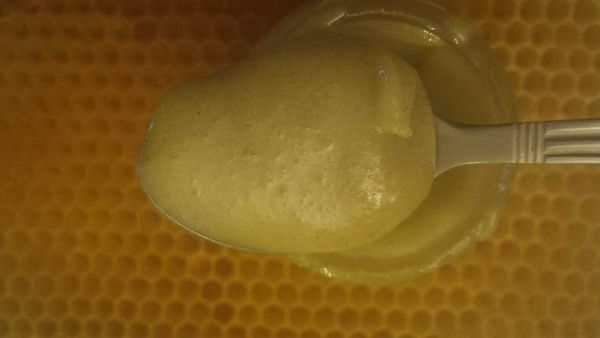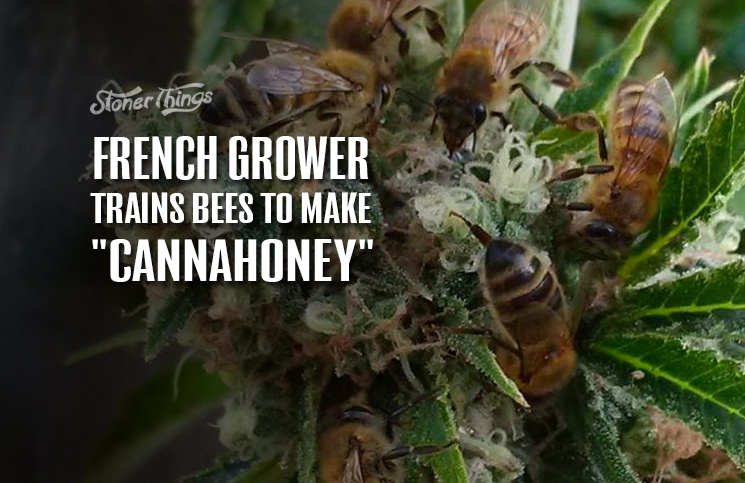Honey bees and marijuana don’t exactly go hand in hand in the public imagination. Many growers consider bees to be pests, but not everyone.


“I have trained bees to do several things, such as collect sugar from fruits, instead of using flowers,” Nicolas said. “I’ve been passionate about nature since childhood.”
His bees do more than pollinate flowers and create honey. They do both, of course, but they also make “cannahoney,” honey that is infused with THC and can be used to treat many medical conditions.
Bees use resin in production of honey
Nicolas notes that he doesn’t make cannahoney himself, but rather trains the bees to create the product all by themselves. He uses a “training technique” whereby the bees collect the resin and use it in the beehive.
Nicolas’ success with weed-infused honey stems from his lifelong love of nature. When friends and peers suggested he find a way to mix honey and marijuana, he took them up on the challenge.


“For some time I had known about the health benefits of bee products such as honey, propolis, pollen, wax, and Royal jelly, and also about the benefits of cannabis,” he said. “Everything that passes through the body of a bee is improved.”
Bees use enzymes to turn nectar into honey. Likewise, they mix resin from many plants with honey to create propolis, an antiseptic, antibiotic, antifungal, and antibacterial.
“So if the bee took the resin from cannabis, it would also be very beneficial,” Nicolas said. “The aim arose for me to get the bees to obtain this resin. That was the starting point for my investigation.”
There wasn’t much knowledge to build on. Skeptical friends told him the resin from cannabis is unlike resin from other plants, thus he would never get the insects to land on pot plants.


Cannabis resin used by bees as propolis
But he proved them wrong. In 2013, Nicolas discovered to his “enormous surprise that the bees used the resin as propolis”, resulting in marijuana-laced honey, he said. The taste was slightly different, but the honey’s terpenes provide “a delicious and pleasant taste” somewhat similar to fresh bud.
The aroma, he said, is “quite floral,” while the color changes slightly from one plant to the next. But the honey isn’t smoked. Rather, “it is ingested and it is good for health,” Nicolas said.


Though he’s made significant progress, French drug laws are stringent, making it riskier to produce the cannahoney. What’s more, there’s no way to get it to patients legally. So Nicolas said he plans to take his product out of France and use it in places where medicinal cannabis is legal.














